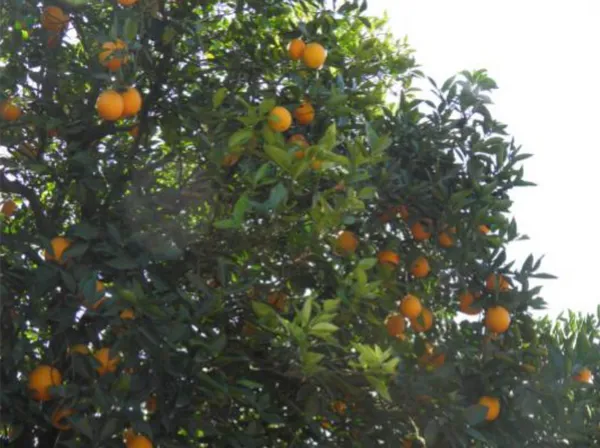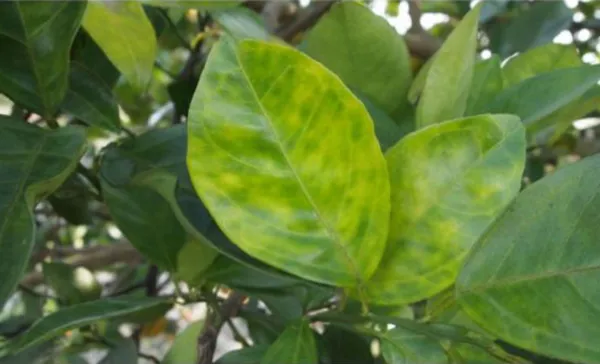Citrus Huanglongbing, better known as HLB, is currently regarded as the most destructive disease of citrus, having caused the near-collapse of the Florida citrus industry over the last decade. This disease, which was first described from China, gives the appearance of a yellow dragon being draped over citrus trees, due the mottling symptom associated with it.
The causal bacterial agent of HLB, ‘Candidatus Liberibacter asiaticus’ (Las), and its vector Diaphorina citri, has to date not yet been reported from commercial citrus in South Africa. HLB has however been identified from Asia, the Americas, Mauritius, Reunion Island and two African countries, i. e. Ethiopia and Kenya.

Despite its absence, a relative of Las, ‘Ca. L. africanus’ (Laf), is no stranger to the South African citrus industry, having been associated with citrus greening disease since the late 1920’s. It is also known that the vector of Laf, Trioze erytreae, is capable of transmitting Las, meaning that Las can spread in South Africa orchards in the absence of D. citri. As the symptoms caused by both are similar, it is important that these two be distinguished rapidly by molecular technologies, to ensure that should HLB enter the country, relevant steps can be taken to limit its spread.

ARC-TSC, in collaboration with the Department of Agriculture, Land Reform & Rural Development (DALRRD) and Citrus Research International (CRI), are geared towards testing citrus samples for HLB and distinguishing Las from Laf. This partnership will facilitate the broader testing of citrus for HLB, therefore helping guard the citrus industry from HLB.
For more information:
Ms. Lecarmen Alves
Tel: +27 13 753 7000
Email: alvesl@arc.agric.za
www.arc.agric.za
